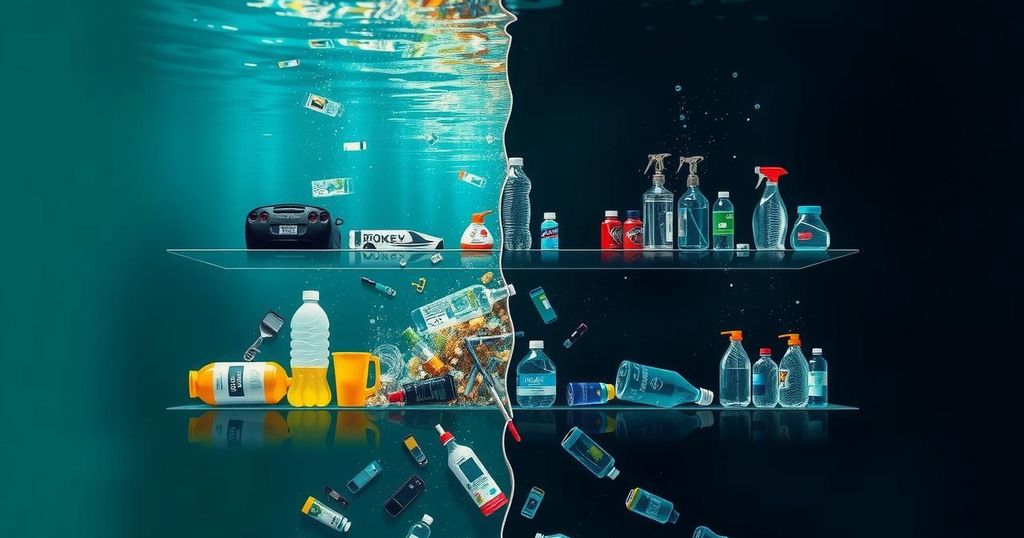Delegates Navigate Deep Divides Over Plastic Pollution Treaty Talks

Deep divisions emerged at the UN talks in South Korea over the proposed treaty to address plastic pollution, as countries disagree on measures to tackle the lifecycle of plastics. Key discussions revolve around production limits and waste management strategies. The outcome of these negotiations is uncertain, particularly with significant states like the U.S. and China yet to take a clear stance.
Delegates from various countries convened in Busan, South Korea, to finalize discussions aimed at establishing the world’s first treaty to combat plastic pollution. Despite almost universal acknowledgment of the issue’s severity, significant divisions arise among nations regarding the approach to resolution. The Ecuadorian diplomat, Luis Vayas Valdivieso, emphasized the necessity for collaboration, framing the discussions as crucial to addressing a significant global threat. While some nations advocate for comprehensive measures targeting the entire lifecycle of plastics, others, particularly oil-producing states, prefer to focus solely on waste management. With the potential for an extended negotiation period looming, the outcome remains uncertain, compounded by the dual role of key players, the United States and China, who have yet to firmly align with either faction.
The talks on a plastic pollution treaty come at a time when the world grapples with unprecedented levels of plastic waste, impacting not just the environment but also human health. In view of the alarming increase in plastic production—projected to triple by 2060—it has become imperative to address the issue comprehensively. The stakes are high, as 90 percent of plastic is not recycled, and the ongoing negotiations seek to bring about binding commitments that can significantly reduce plastic production and enhance recycling efforts. Previous rounds of discussions have revealed deep-seated disagreements among nations, complicating the path towards a consensus framework.
The proceedings in Busan illustrate the challenging dynamics of international negotiations regarding plastic pollution. With various nations holding opposing views on production limits and waste management, the potential for a meaningful agreement hangs in the balance. The involvement of major countries such as the United States and China will be crucial in determining the treaty’s strength and viability. As the deadline approaches, it remains to be seen whether negotiators can overcome their divisions to enact a robust global response to plastic pollution that lives up to the urgency of this critical issue.
Original Source: www.seychellesnewsagency.com








